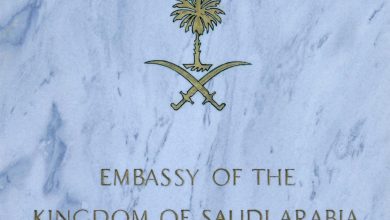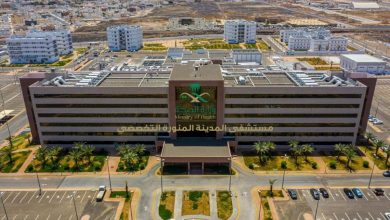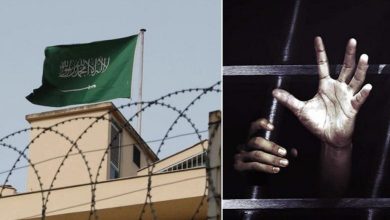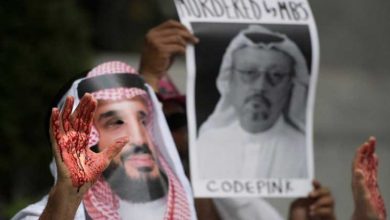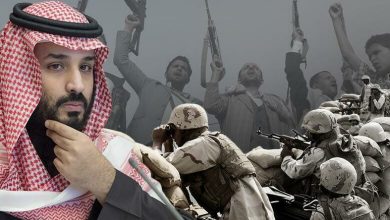Facts about MBS removal of his father, the King, from power
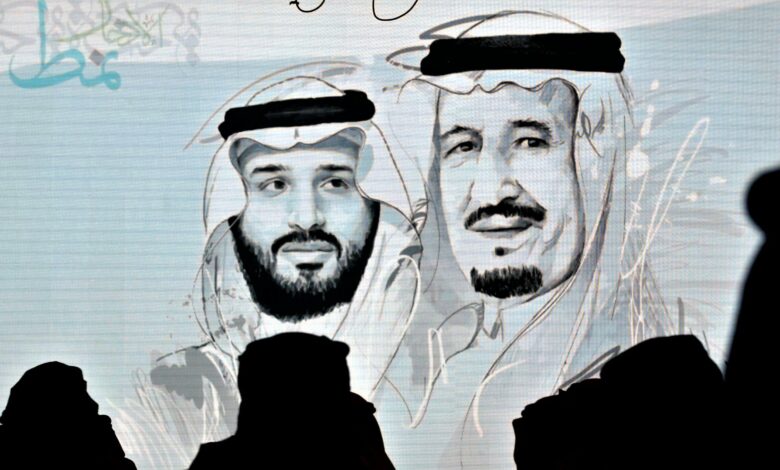
The French news agency published a report dealing with facts that prove the removal of Crown Prince Mohammed bin Salman to his father, King Salman, from the political scene in the Kingdom to tighten his control over the political scene, preparing for his ascension to the throne.
The agency said that while King Salman is ageing, his son and the crown prince is shifting from the actual leader to an uncrowned king. He receives foreign quests and presides over regional summits hosted by Saudi.
The emergence of COVID-19 and the deteriorating health of the 85-year-old monarch paved the way for his 36-year-old son to take charge of matters in public meetings and formal receptions.
Mohammed bin Salman has always been considered the de facto ruler of Saudi Arabia since his designation as crown prince in June 2017. He received French President Emmanuel Macron recently earlier this month and also chaired the Gulf leaders summit last Tuesday in Riyadh.
King Salman rarely fails to attend the annual Gulf states summit and deliver a speech there and is known for his keenness to shake hands with the most significant number of attendees.
“The idea of the crown prince being the de facto ruler of the country, meeting foreign presidents and presiding over summits, occurred before that when Saudi kings were ruled by kings who were not in the proper health condition,” Yasmine Farouk, a researcher at the Carnegie Endowment for Research.
It referred to the late King Abdullah when he was crown prince during the reign of King Fahd, who suffered several strokes that made him unable to take over the throne 10 years before his death.
Farouk added, “What is new is that it is popular and media acceptance of a parallel and even more important role for the Crown Prince, even when King Salman performs all his duties.”
Since the outbreak of Covid-19, the King has settled in the area of the future city of NEOM, which is being built on the initiative of his son on the Red Sea in the northwest of the Kingdom.
The last foreign official he met in the capital was the former British Foreign Secretary Dominic Raab in March 2020, before he met the Omani Sultan Haitham bin Tariq in NEOM itself last July.
His last foreign visit is to the Sultanate of Oman to offer condolences on the death of its late Sultan Qaboos bin Said in January 2020.
Since assuming the throne, Mohammed bin Salman has imposed major social changes in the conservative Kingdom, promoting its transfer to “moderate Islam”, opening the doors of entertainment and tourism and seeking to attract foreign investors to diversify the sources of his country’s oil-dependent economy.
However, bin Salman, who holds several positions, including Deputy Prime Minister, Minister of Defense and Head of the Public Investment Fund, faced several challenges, most notably the murder of Saudi journalist Jamal Khashoggi in his country’s consulate in Istanbul at the hands of Saudi elements in 2018.
He also seemed more open to a possible rapprochement with Israel than his father.
Kristin Diwan, a researcher at the Arab Gulf States Institute in Washington, believes that the crown prince “benefited from the longevity of the king,” explaining, “His continued presence provides traditional authority that provides cover for the youthful and unconventional actions of Mohammed bin Salman, and rarely hinders it.”
The Saudi authorities did not explain the reason for the Saudi monarch’s absence from the Gulf summit that was held in Riyadh on Tuesday, especially since he gave a televised speech on the occasion of approving the budget two days before.
In this context, Saudi government advisor Ali Al-Shihabi wrote on Twitter, citing “reliable sources” that “the king is in excellent health, but … he does not feel comfortable when wearing a muzzle and tends to want to shake hands with people and greet them warmly, so more care is taken to keep his safety away.” about the public.”
Before the last summit, the Crown Prince toured all the Gulf countries for five days, during which he received a semi-royal reception and received wide media coverage.
A Western diplomat in Riyadh said that “arrangements with the royal court are now being made through the office of Mohammed bin Salman, while the king has not appeared in the picture for a long time, close to two years.”
The diplomat, who preferred not to be named, added that the crown prince “transcended the idea that he is a king in the making to the idea that he is a king (not yet crowned) in the palace.”
The road seems clear for the Crown Prince to rule for a long time. There are no foreseeable obstacles to his ascension to the throne, as he has driven one rival after another out of his way, while his opponents are scattered abroad.
“There is no definitive source of effective opposition within or outside the royal family,” said Hussein Ibish, senior researcher at the Arab Gulf States Institute.
He continued, “Mohammed bin Salman has already become more prominent and powerful, and the long succession process continues with strong steps.”
For months, Saudi Arabia has been concerned about direct Western dealings with Mohammed bin Salman over the killing of Khashoggi. Still, another diplomat in Riyadh said that the royal court sought to dispel these fears after Macron visited Saudi Arabia. The most important now is the position of the US administration.
US President Joe Biden pledged to end the absolute mandate granted by his predecessor, Donald Trump, to Saudi Arabia. He has not yet communicated directly with the Crown Prince but stressed no escape from dealing with him.
“The issue is a matter of time, and it will be resolved de facto,” the diplomat added.

